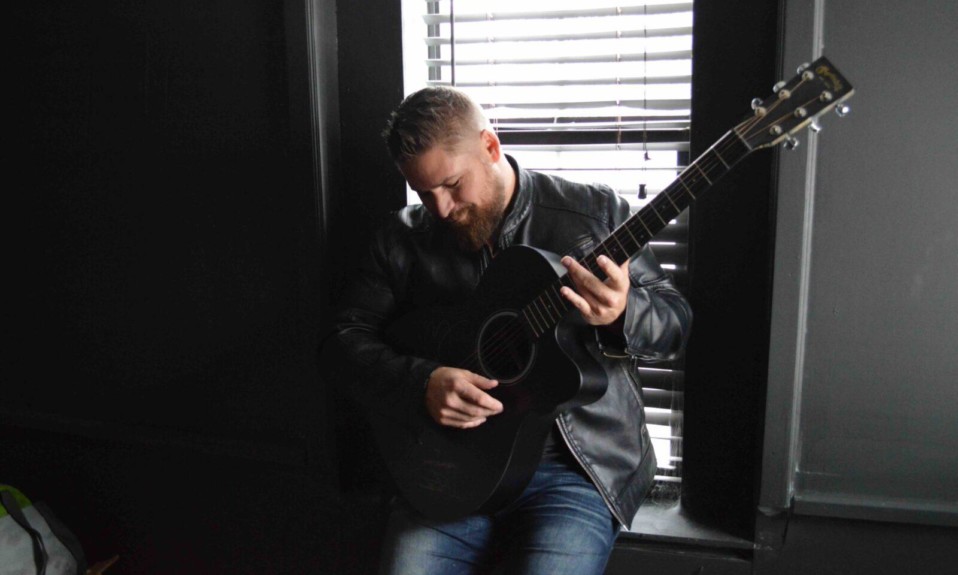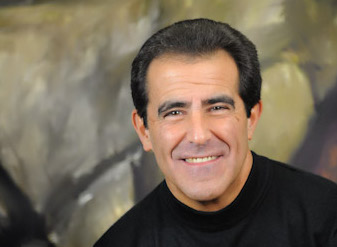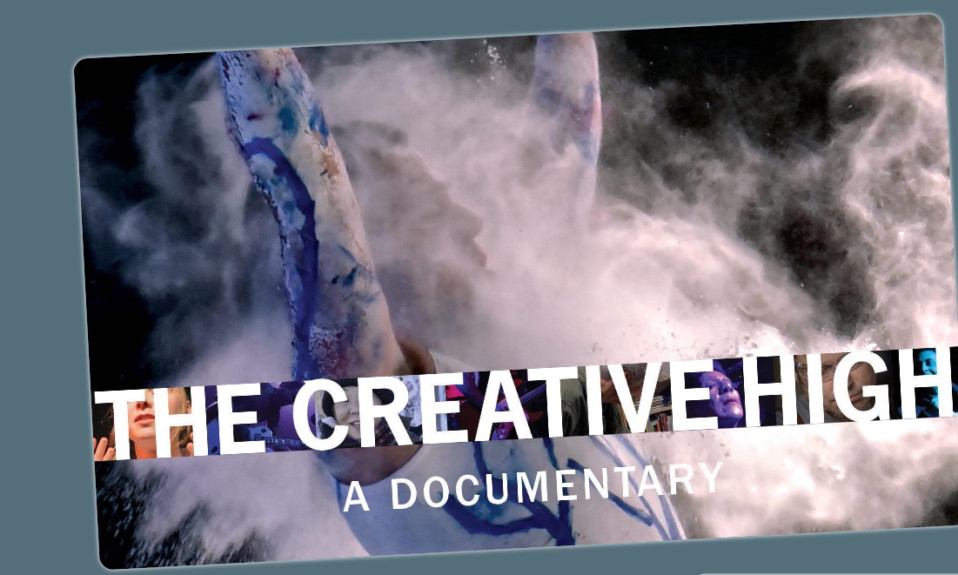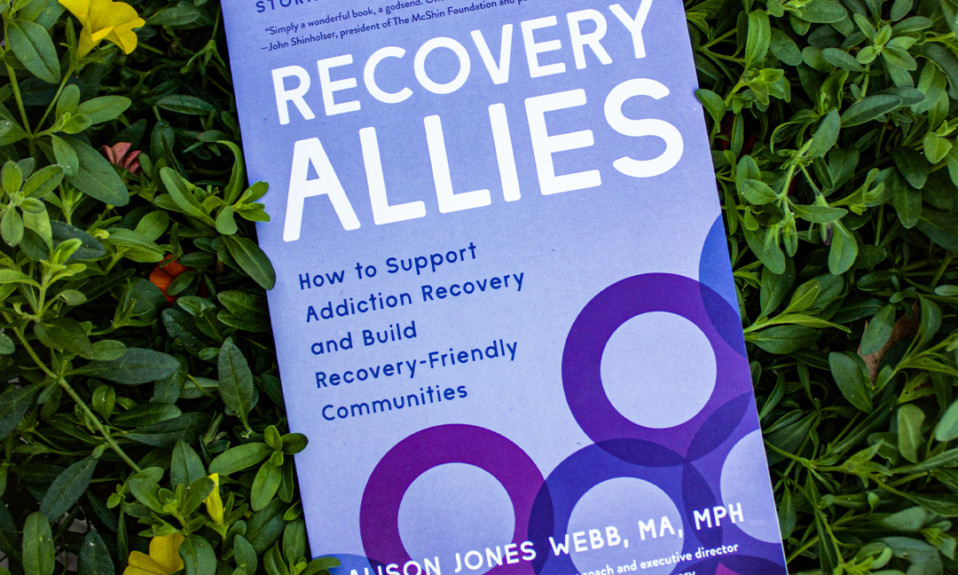Nashville recording artist Jimmy Charles’ semi-biographical ballad was written to help those struggling with addiction—one note at a time
By William Wagner
October 8, 2020Can something as simple as a song make a difference in a person’s recovery from addiction?
Country music performing artist Jimmy Charles thinks so.
With his recently released ballad “Hard Way to Go” and the October premiere of an accompanying video on CMT, the Nashville singer wants to do more than score a hit single. His aim is to build an awareness campaign around addiction and treatment.
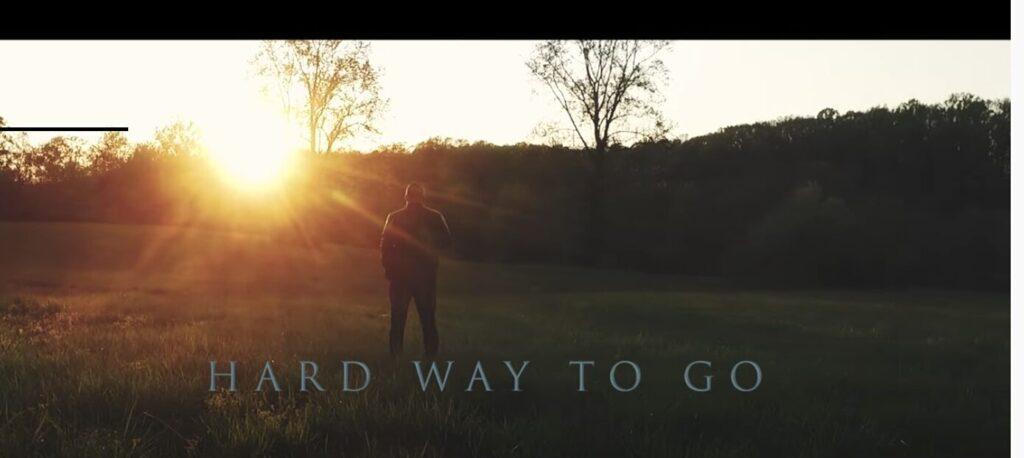
“There’s going to be a whole movement behind this thing,” Charles says. “Addiction centers [like American Addiction Centers] and foundations [like the Jenkins Foundation] are getting behind us. Not only do we have a powerful song and video, but we’ve got a way to break through to give people hope for ending the stigma [of addiction]. The embarrassment of talking about it is really tough and ends up killing a lot of people just because they suffer in silence and alone. We’re hoping to drop that stigma, open the doors and then find a solution. I’m convinced this project will save lives.”
Digging Deep
“Hard Way to Go” is right in Charles’ wheelhouse. Semi-biographical in nature, it tells the story of a father whose battles with the bottle wreak havoc on his family.
“Not only do we have a powerful song and video, but we’ve got a way to break through to give people hope for ending the stigma [of addiction]. …We’re hoping to drop that stigma, open the doors and then find a solution. I’m convinced this project will save lives.”—Country music artist Jimmy Charles on his new song “Hard Way to Go”
“I never met my biological father because he would try to come pick me up when he was drunk and it wasn’t safe for me,” Charles says. “Eventually, he was excluded from my life. I was adopted when I was 2 by a great man, and he and my mother were amazing parents. As a new father myself—I have a 1-year-old—I can’t imagine something strong enough to pull me away from him. But that goes to show how strong addiction is. Even though I did have a father figure, it’s still something that’s always there in my mind. It’s like, ‘Wow, I don’t know my real dad.’ It’s just a weird thing.”
Charles had to venture to some forlorn corners of his soul when recording “Hard Way to Go.” The difficulty of his journey is reflected in the grittiness running beneath his soft and soulful vocals.
“I’ve lost a family member to addiction, I’ve lost friends,” he says. “There’s a really close connection, even though I’m not an addict myself. I took all that personal pain and the wonder from not knowing my dad, and then I thought about the people who are battling addiction. I just dug down deep, and I think you can really hear it in my voice. I almost drove myself to tears in the studio getting so emotionally connected to it. If you don’t sing it that way, this type of song will just go in one ear and out the other of the listeners.”
The end result is exactly what he envisioned. It’s his way of spinning heartache into inspiration for those who are personally or collaterally mired in the hell of addiction.
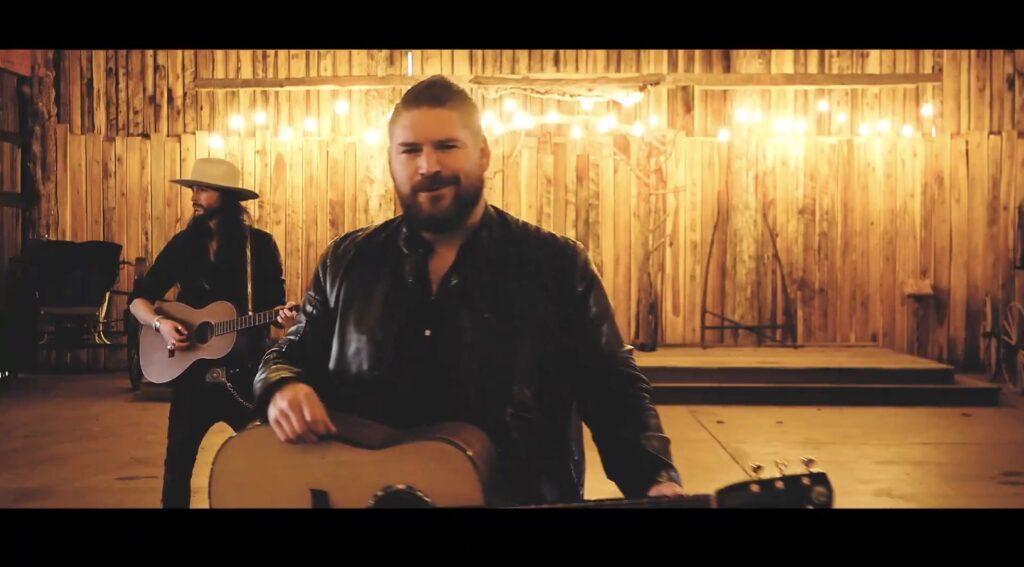
“I don’t think I would change anything about it,” says Charles of the song, which was written by Kris Bergsnes and Melissa Peirce. “It’s going to create a conversation and community. It’s also going to create a feeling of, ‘You’re not alone.’ It’s not just like, ‘You can do it. C’mon: 12-step program, here we go.’ Addiction recovery’s a hard way to go, and the song’s got that honesty to it.”
Made by and for the Recovery Community
“Hard Way to Go” already has touched at least one person: Kyle Smithson, an actor and film producer who’s in recovery for cocaine addiction and alcoholism. Smithson became involved in “Hard Way to Go” as a producer for the video, but his role quickly expanded.
“There was a point in my life when I lost almost everything in Hollywood and had to go to rehab. That was a turning point. I knew I had a problem, but addiction can grab you pretty hard. But everyone should know there is help out there and asking for it is not a cowardly move.”—Kyle Smithson, “Hard Way to Go” music video producer, actor and in recovery himself

“We had shot part of it out at the [Johnny] Cash farm,” remembers Smithson. “I started talking with Jimmy after we shot it, and I told him my story: ‘After I listened to the song, it resonated with me because I’m a recovering cocaine addict and alcoholic.’ Then he asked me to come in as an actor. I play his father in the video. We recreated a scene where I actually come to the door, drunk, to try to pick up my son, which was Jimmy’s son in real life. I was very honored.”
Smithson has the same hopes for the song and video that Charles does.
“I want it to reach as many people as possible and help as many people as possible,” Smithson says. “As Jimmy said, there’s a stigma attached to asking for any kind of help. I was that way many times, and then there was a point in my life when I lost almost everything in Hollywood and had to go to rehab. That was a turning point. I knew I had a problem, but addiction can grab you pretty hard. But everyone should know there is help out there and asking for it is not a cowardly move.”
“Music Is So Powerful”
This isn’t the first time Charles has released a song to further a cause. His 2018 tune “Superman” was used to promote early detection of prostate cancer. The video for “Superman” reached No. 1 on CMT, but that’s not what Charles remembers most about it.
“It was a message of early detection for cancer, more specifically prostate cancer, that was put into effect with ZERO—The End of Prostate Cancer, which is a prostate cancer nonprofit, the biggest in the nation,” he says. “I became their national spokesman. I traveled across the country speaking, performing and doing survivor ceremonies.”
Though he didn’t plan his career this way, Charles is, like some of the transformational musicians from the 1960s, building a reputation as an agent of change.
“With music, I like to help people,” he says. “It’s pretty incredible. Music is so powerful.”
Photos: “Hard Way to Go” music video


